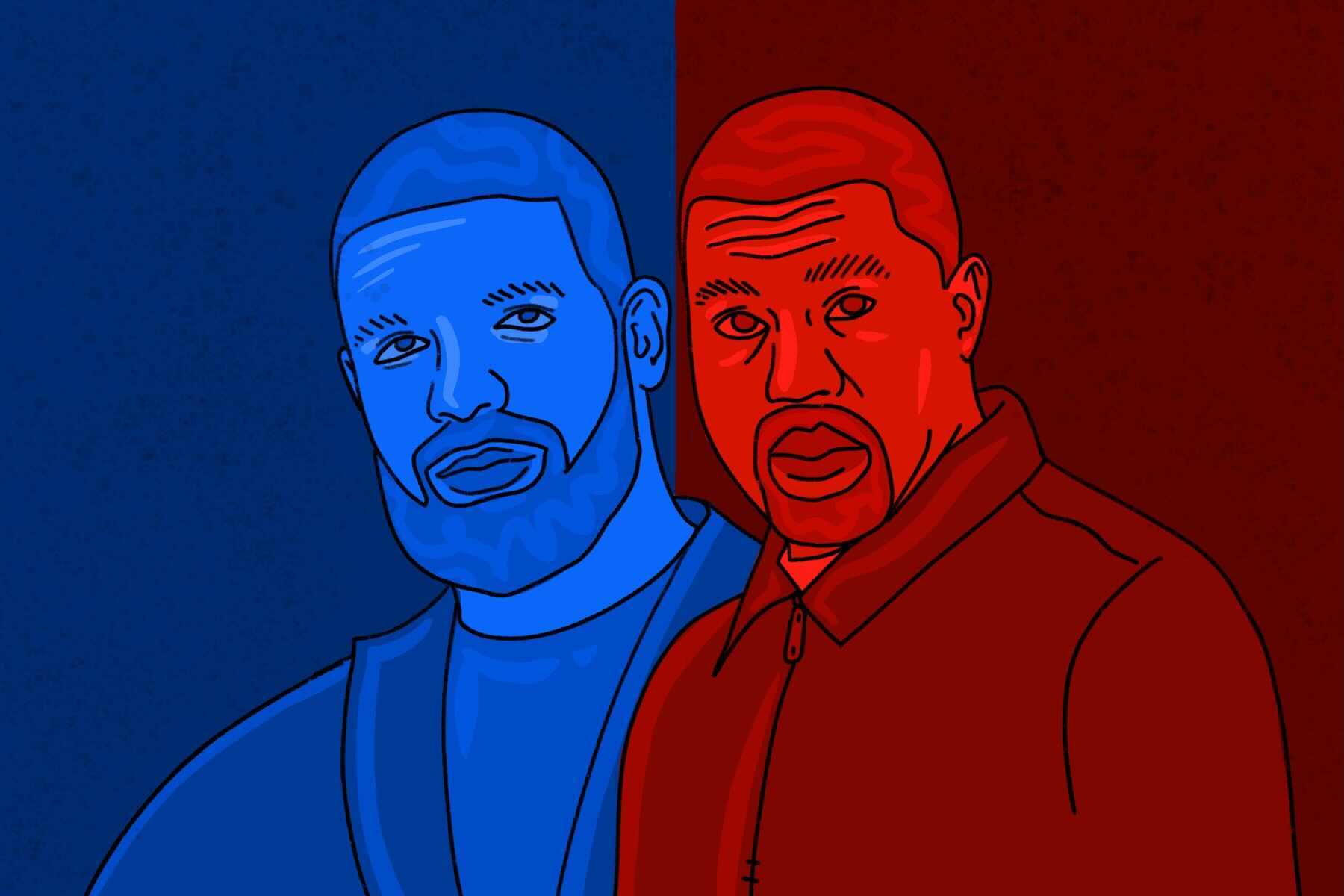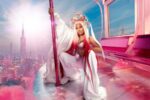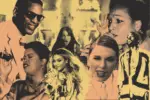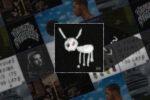Intense rivalries are the stuff of legend. Whether in the arena of sports, politics or entertainment, there are few relationships as fascinating as those drenched in competitive spirit and banter. Hip-hop has embraced competition since its inception, with emcees and rappers attempting to create the most interesting performances at block parties and other local venues. As the genre began to enter the mainstream, individual artists became increasingly popular and transformed the air of competition from a localized phenomenon into a staple of their slice of the music industry.
Many adversarial exchanges have involved the largest artists in hip-hop history, including the Brooklyn-centric beef between Nas and Jay-Z, the business schism between Ice Cube and the members of N.W.A., and arguably hip-hop’s most notorious rivalry between the coastal titans of Tupac Shakur and the Notorious B.I.G. Two of today’s largest hip-hop visionaries, Drake and Kanye West, have a thorny relationship, though theirs is one that fails to entertain and has fully unveiled the cracks in all music industry beef.
The legacy of the two artists’ conflict is expansive and complex; the origins of their entanglement are not. West’s singular production style was an incredibly influential force for Drake’s early music, and West was involved with the sonic development of a track off of Drake’s debut album. In 2010, Drake was supposed to feature on West’s “All of the Lights” before being cut from the final release. What was on paper a cliché manifestation of West’s work style slowly bubbled into a friendly back and forth between the two artists wherein both attempted to subtly assert themselves in interviews and lyrics.
The two seemingly mended fences in the middle of the 2010s and alluded to several collaborations, all the while playing a drawn-out game of one-upmanship. The dynamic was playfully competitive and not nearly as hostile as the legendary clashes of the past. Though not excessively warm, their direct competition appeared to peter out in favor of a respectful yet distant coexistence.
Interestingly, the contention between the two artists next manifested itself as a proxy battle, wherein Kanye West took advantage of his collaboration with rapper Pusha T to disparage Drake. West was a pivotal production figure on Pusha T’s 2018 album, “Daytona,” a remarkably short project that sees Pusha take an interesting lyrical detour on the final track in which he subtly poked at allegations that Drake was secretly using ghostwriters for some of his music. The track prompted Drake to respond with a full-blown diss track that squared its attacks at Pusha T’s integrity and character.
No thematic decision could have been worse for Drake, for soon after his retort, Pusha released “The Story of Adidon,” a cold-blooded rebuttal that unabashedly tore into Drake’s rocky family life and exposed that he had fathered a child he was keeping secret from the public. The catastrophic content of the track effectively quashed the feud between Pusha T and Drake, though Kanye’s shadowy involvement behind the scenes meant that their battle was far from over.
A three-year period of relative calm set in following “The Story of Adidon,” yet the troubled waters of their relationship have recently begun to churn again. Drake was a feature on Trippie Redd’s “Betrayal,” a track that was part of the latter’s Aug. 20 album release. On the track, Drake raps about West’s age and general irrelevance compared to his own stature. The verse’s blatant slight quickly mobilized West, who promptly responded in an unorthodox manner by posting a picture of a group chat that appeared to include Drake and seven other unidentified individuals.
The message West captured was one he wrote minutes before taking the screenshot and included a melodramatic warning that read “You will never recover…I promise you.” The picture was soon deleted but was only the first of West’s social media blunders. Immediately following the removal, West posted what appeared to be Drake’s Toronto address on his Instagram account, another failed jab that contributed nothing to their back and forth and was soon erased.
West’s unfortunate online saga was enough to spark discussion within pockets of his audience, yet the height of its absurdity was initially overlooked due to the upcoming release of a milestone project. Throughout most of the summer, Kanye West’s rollout of his 10th album, “Donda,” captivated many with its theatrical listening events and bizarre production process. The album was perpetually delayed week by week until Drake forced his hand by announcing the imminent release date of his own highly anticipated project titled “Certified Lover Boy.”
West’s album ended up releasing five days prior to Drake’s, yet the proximity of their releases naturally led to a battle of egos. Tensions were certainly not eased by some incendiary lyrics on “Donda,” wherein West alluded to his adversary’s project by commanding that Drake, “Move out the way of my release…Why can’t losers never lose in peace.”
Unfortunately for both artists, neither of their releases received the critical acclaim that would justify their grandiose posturing. Neither project was an effective last word in the feud, leaving a void of finality that Drake quickly tried and failed to fill. Only a day after the release of “Certified Lover Boy,” Drake leaked a cut “Donda” track featuring former Outkast member Andre 3000. The song includes several lines that take aim at Drake, yet their cryptic references and the overall lack of coherence with Andre 3000’s verse results in a diss attempt that falls flat on its face. While not a shining moment for West, Drake’s decision to release a track that attempts to humiliate him is puzzling. The track does not effectively counter Kanye West’s assertion that he is the greater artist, nor does it make up for 86 minutes of disappointment on “Certified Lover Boy.”
Drake and West have failed to offer a compelling through-line to their bizarre entanglement, and while their individual personalities bear much of the blame, the lack of an enthralling story is also attributable to the limitations of the music industry. Professional sports, as one of the more popular arenas for head-to-head competition, is perfectly tailored for interesting rivalries because comparisons incentivize the participants to better their own abilities, which results in a more entertaining experience for the audience. The music industry doesn’t have a compelling analog to this dynamic, and while any artist can be incentivized by the strengths of contemporaries, the desire to score cheap shots has continually smothered clever or meaningful lyricism.
Hip-hop aficionados often scorn contemporary beefs as watered-down variants of the epic confrontations of the past, but this narrative is one that is embellished with rose-tinted glasses. While technologies and the lexicon of interpersonal discourse have evolved, even old-school era rivalries were riddled with prejudice, unnecessary malice and deficient lyricism. Hip-hop has never been a meaningful avenue for working out disputes, and Drake and West’s most recent spat has proven that the sole driving factor of their hostile relationship is insufferable pettiness.

















